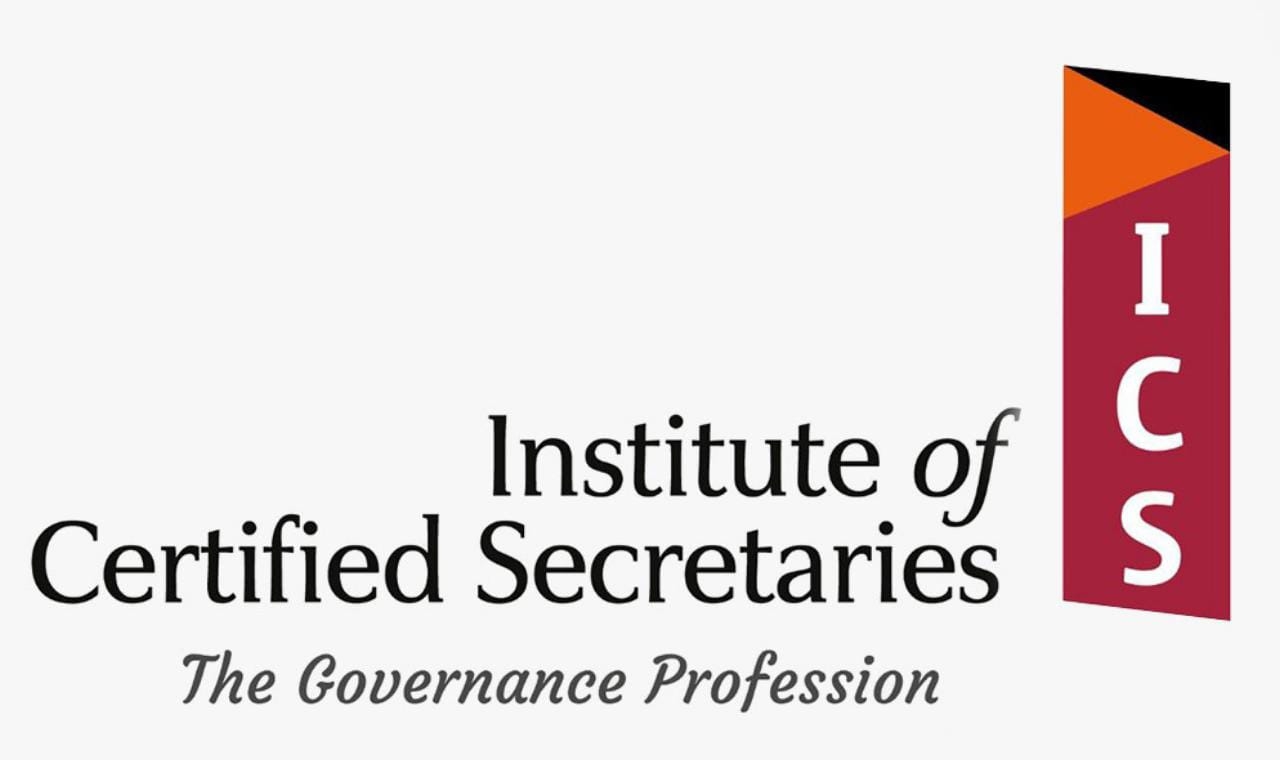Mental health has become one of the most pressing issues in today’s workplace, yet, it remains one of the least understood and most stigmatized. Beneath the veneer of professionalism, many employees are silently battling psychological distress. Mental illness is now a silent epidemic eroding productivity, morale and in some cases leading to tragedy.
Modern professionals are under unprecedented pressure. Long working hours, tight performance targets, financial strain, family responsibilities and the pursuit of further education all converge to create a perfect storm of stress and fatigue. This pressure can become unbearable. In 2023, a young Chartered Accountant in India working for one of the Big Four audit firms reportedly died by suicide after enduring extreme workload and unrealistic expectations during the financial audit season (Times of India, 2023). Similar stories have emerged in Kenya, where professionals have succumbed to depression, burnout and other mental health crises.
Beyond the human tragedy, such cases can erode brand equity and public trust. When mental health crises occur within prominent institutions, stakeholders begin to question the organization’s culture, leadership values and genuine commitment to employee well-being. Rebuilding such trust can take years and cost far more than any corporate social responsibility (CSR) campaign can repair.
In African societies and Kenya in particular the conversation around mental health remains clouded by stigma and misconception. Mental illness is often equated with visible insanity: someone walking the streets, talking to themselves or collecting litter. But the reality is far more nuanced. A well-dressed professional, driving to work in a suit and tie, may be deeply depressed. A board member delivering a brilliant strategy presentation might be silently battling anxiety or insomnia. This cultural blindness prevents many from seeking help and it discourages organizations from addressing mental health with the seriousness it deserves.
The statistics paint a worrying picture. According to Kenya’s Ministry of Health, about 15% of the working population, nearly 3.7 million Kenyans, live with a mental health condition (The Star, 2023). The economic cost of mental illness is estimated at KSh 62.2 billion annually, or about 0.6% of GDP, mainly through lost productivity, absenteeism and premature deaths (The Star, 2023).
Mental illness does not always manifest dramatically. Often, it reveals itself through subtle behavioral changes, such as:
• Persistent fatigue or irritability
• Withdrawal from colleagues or social activities
• Decline in performance and motivation
• Frequent absenteeism or lateness
• Difficulty concentrating or making decisions
• Expressions of hopelessness or low self-esteem
Supervisors and colleagues must learn to observe and listen. Emotional intelligence is no longer an optional leadership trait, it is a core competency for managing people effectively.
Mental health is not just an HR matter, it is a governance and leadership responsibility. Boards and senior executives must understand that employee well-being directly affects productivity, culture and organizational reputation. They can support mental health more effectively by doing the following:
1. Make mental wellness a strategic priority.
Include mental health in organizational strategy and policy, with clear measures such as work-life balance initiatives, flexible schedules and Employee Assistance Programmes (EAPs).
2. Lead by example.
When leaders openly discuss stress, burnout or seeking support, they reduce stigma and encourage healthier workplace conversations.
3. Train managers to recognize early warning signs.
Frontline supervisors should be equipped to identify stress, burnout or behavioral changes and know how to respond appropriately.
4. Provide access to professional support.
Partner with mental health experts to offer counseling, helplines and regular wellness check-ins, ensuring strict confidentiality.
5. Conduct regular wellness or culture audits.
Boards should mandate annual assessments of staff well-being and use the results to guide governance decisions and policy updates.
6. Support leaders’ own mental health.
Board members and senior executives also face intense pressure. Confidential counseling, peer support and wellness retreats should be normalized for leadership as well.
Mental health at work is not about weakness, it’s about humanity. The well-being of employees is the foundation of sustainable performance. Boards and senior management must lead the shift from viewing mental illness as a private matter to treating it as a strategic and governance priority. The question every organization must now ask itself is this: If our people are silently suffering, can we truly claim to be a high-performing organization?
Leadership must rise to meet this moment with empathy, awareness and decisive action.
References
• Times of India (2023). “Assigned task was not hers’: Work pressure at EY Pune kills CA daughter from Kerala.”
• Ministry of Health, Kenya (via The Star, Sept 2023). “3.7 million working Kenyans live with a mental health condition - MoH.”
